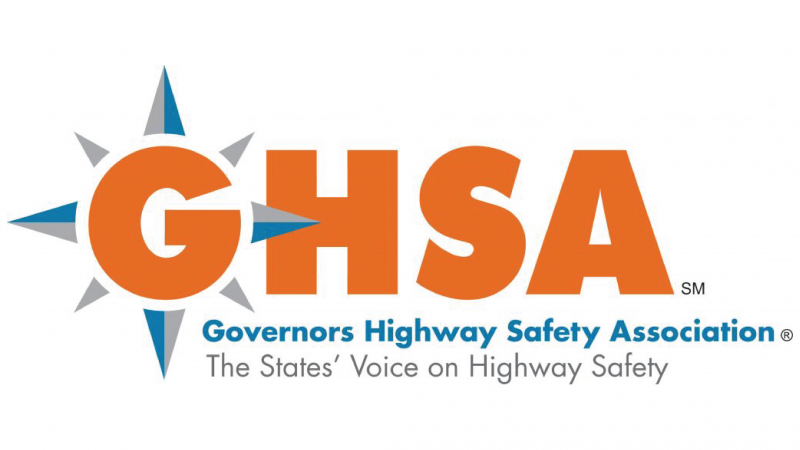Bicycle Helmets: Systematic Reviews on Legislation, Effects of Legislation on Cycling Exposure, and Risk Compensation
Cycling has been shown to have health and environmental benefits, but there are also inherent risks including serious and fatal injury. Head injuries are common among cycling hospitalisations and fatalities, and bicycle helmets have been designed to mitigate head injuries in a crash or fall. Biomechanical and epidemiological evidence suggests wearing a bicycle helmet substantially […]

